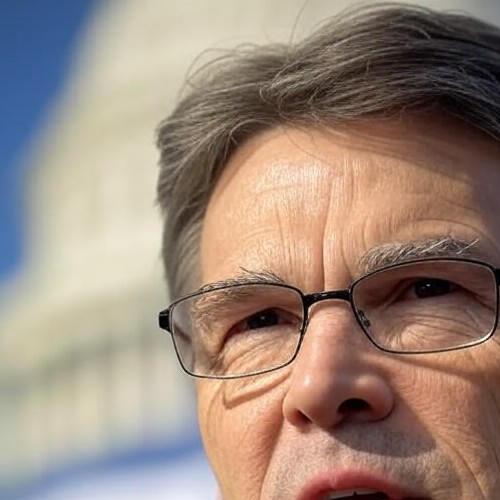Each summer and fall, southern states brace themselves for the relentless onslaught of hurricane season. In places like Florida and the Carolinas, families engage in a familiar pattern: prepare and pray. Yet these storms are evolving, growing stronger with each season. The severity of flooding increases, and the economic impact deepens every year. In 2024, the nation experienced 27 distinct weather and climate disasters, costing a staggering $182.7 billion—one of the most expensive years on record.
For former Republican congressmen from southern states like Florida and South Carolina, climate change is not a vague notion; it is a pressing reality. Rising tides engulf Miami, and North Carolina suffers under the weight of unrelenting floods. Energy grids falter amid unprecedented heat waves. These dangers are palpable and are redrawing the contours of our economy, insurance markets, and communities.
That reality is why there is an urgent need for conservatives to reclaim the climate dialogue. Currently, debate is marred by extreme partisan voices. On the extreme left, some advocate for sweeping regulations and federal oversight that threaten to stifle innovation and growth. Conversely, some voices on the far right, under the guise of conservatism, wield government power against private companies, punishing them for examining climate risk through a financial lens.
A significant instance is the lawsuit brought forward by the Texas Attorney General against major firms like BlackRock, State Street, and Vanguard. He alleges that these companies conspired to form an “investment cartel” by coordinating their assessments of climate risk, purportedly disadvantaging coal producers and traditional energy enterprises. However, this assertion misrepresents reality. As the Wall Street Journal editorial board pointed out, coal production did not decline during the time period that Paxton cites—actually contrary to his claims of an anti-energy conspiracy. What he labels as collusion is merely investors engaging in due diligence: evaluating risks and making informed portfolio decisions.
When an investment manager identifies that coastal properties are becoming increasingly susceptible to flooding or that insurance costs are spiraling in certain areas, modifying their portfolios in response is not “woke capitalism.” It is a fiduciary responsibility. Ensuring the value of investments hinges on sound decision-making regarding risks—whether those stem from storms, regulations, or technological change. This is the essence of a market operating effectively.
Influential conservative leaders, such as former Texas Governor Rick Perry, understand these dynamics well. He has openly criticized Attorney General Paxton’s legal moves, asserting that using state authority to intimidate investors undermines the principles that conservatives cherish in the energy sector. Perry insists that true freedom revolves around defending the right of businesses and investors to assess risks based on their own judgments.
Conservatives have long championed limited government and the value of individual freedoms. When they rely on political intervention to dictate investment practices or intimidate firms for acknowledging climate risks, they deviate from those foundational principles. The authentic conservative perspective is clear: safeguarding the freedom to invest must remain a priority. American investors and companies must be free to manage business risks and seize opportunities in order to thrive in a competitive landscape.
While the call for conservative leadership on climate issues may not yet be widely heard, there are important voices rising across the country. Organizations such as the Cato Institute, the National Taxpayers Union, and R Street, along with supportive federal and state lawmakers, are illustrating how market-oriented strategies can uphold freedom, spur innovation, and ready our communities for the challenges posed by climate change.
Later this month, a gathering in New York City will focus on how conservatives can effectively navigate and address these issues. This discussion is not merely about balancing environmental concerns with economic interests; it is about harnessing American creativity to take on financial risks, create new opportunities, and bolster resilience within our communities.
It is crucial that conservatives remain the champions of market-based solutions rather than yielding to unnecessary government mandates. The stakes could not be higher. Handing over the dialogue to extremes leaves the public with a false choice—between overly invasive regulations from the left and government overreach from the right. Both options are detrimental.
Conservatives have the responsibility to advocate for individual freedom—whether that involves supporting families working to rebuild after storms, entrepreneurs pushing forward with clean technology, or investors prudently weighing their risks. Promoting the freedom to invest here in America must be a steadfast commitment.
Republican Bob Inglis and Carlos Curbelo have both played significant roles in illustrating this perspective. Their experiences underscore the importance of effective discourse around climate risks and economic stability within the framework of conservative values.
"*" indicates required fields


